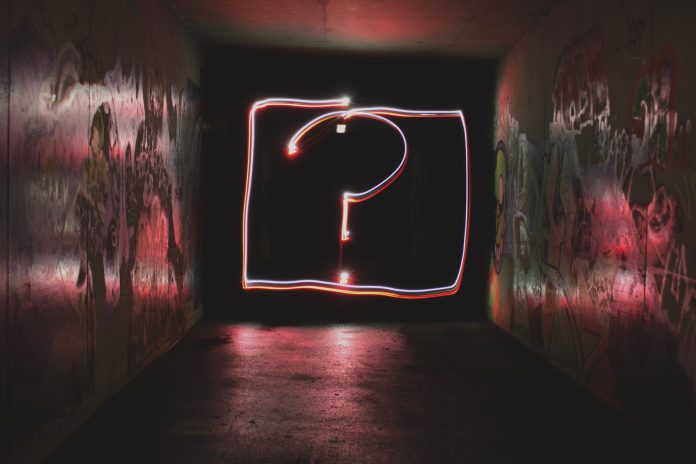For many, the allure of psychedelics lies in their potential to induce profound positive experiences. However, as every seasoned psychonaut knows, these substances also come with the risk of challenging encounters, commonly referred to as “bad trips”. It seems there might be a way to dampen these unwanted experiences. A recent study has shed light on the co-use of MDMA with classic psychedelics, such as psilocybin and LSD, suggesting it could reduce the intensity of challenging trips while amplifying positive feelings.
The Magic Combo: Classic psychedelics and MDMA
Psilocybin and LSD, both classic psychedelics, primarily work by activating the 5-HT2A receptors in the brain.
While they have therapeutic potential and a generally robust safety profile, their alteration of consciousness can sometimes lead to negative experiences, like grief, paranoia, and fear.
It’s these challenging trips that often deter potential users and even health professionals.
However, anecdotal reports indicate that combining these psychedelics with MDMA – commonly known in street vernacular as “hippy flipping” (with psilocybin) and “candy flipping” (with LSD) – could help in reducing the challenging experiences.
MDMA, known for inducing feelings of love, compassion, and self-compassion, diminishes feelings of fear and sadness.
So, could this be the protective layer that those venturing into psychedelic realms need?
Findings from the Recent Study
In an observational study with a sample of 698 individuals planning to use psilocybin/LSD, researchers investigated the effects of co-using these psychedelics with MDMA.
The results were intriguing:
- When combined with a low dose of MDMA, users experienced fewer challenging trips, particularly less grief and fear.
- Moreover, they reported heightened feelings of self-compassion, love, and gratitude.
- Interestingly, the study didn’t find any significant changes in mystical-type experiences or compassion when MDMA was involved.
These findings essentially align with previous reports suggesting that MDMA could enhance the positive effects of psychedelics while reducing the negatives.
However, it’s crucial to note that these effects were primarily observed with a low dose of MDMA.
Co-use of a higher MDMA dose didn’t show a similar impact.
This points towards a dose-dependent relationship, hinting that getting the balance right is crucial.
Potential Implications and Caveats
These findings hold promise for future research, especially in clinical settings where mitigating the risks of bad trips is vital.
By potentially reducing these challenging experiences, the co-administration of MDMA might make psychedelic-assisted therapies more appealing and accessible to a wider range of patients and healthcare providers.
However, like all scientific research, this study isn’t without its limitations.
It relied on a convenience sample, and the sample size was relatively small.
This means further, more comprehensive studies are essential to validate and expand on these findings.
In conclusion, while the psychedelic journey can be unpredictable, combining classic psychedelics with MDMA might offer a safer and more positive voyage.
But as always, further research is the key to unlocking and understanding this magic combo’s full potential.


